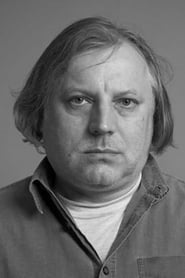

Sólo pro jednu ruku(2017)

Movie: Sólo pro jednu ruku
Top 7 Billed Cast
piano - left hand

Sólo pro jednu ruku
HomePage
Overview
Release Date
2017-11-08
Average
0
Rating:
0.0 startsTagline
Genres
Languages:
ČeskýKeywords
Similar Movies
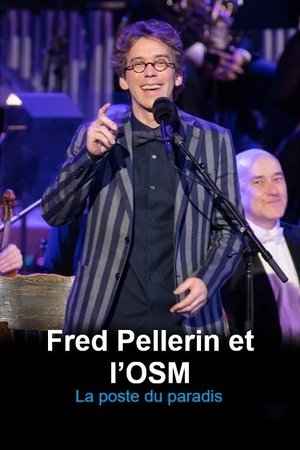 8.0
8.0La poste du paradis(fr)
Fred Pellerin and Kent Nagano revive the great tradition of the OSM and offer a new symphonic Christmas tale! They take you to Saint-Élie-de-Caxton, where the first post office in history was run by Madame Alice Lavergne. For a long time the only reliable channel through which we could send and receive, this trunk service constituted the privileged link to maintain between us everywhere. Letters, cards, invoices, packages, forms, catalogs: everything went there.
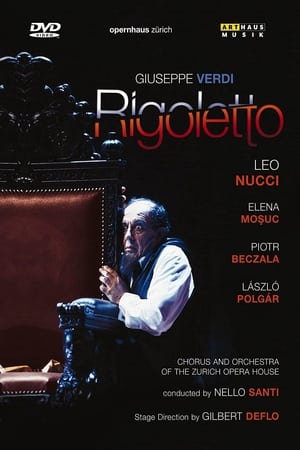 10.0
10.0Rigoletto(it)
Live performance at Opernhaus Zürich in 2006. Nello Santi conducting Orchester der Oper Zürich and Chor der Oper Zürich. Directed for the stage by Gilbert Deflo.
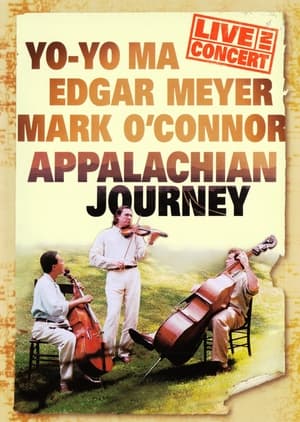 0.0
0.0Appalachian Journey Live In Concert(en)
April 5th, 2000... On the heels of their unanimously acclaimed albums "Appalachia Waltz" and "Appalachian Journey", "Appalachian Journey Live In Concert" captures three of the world's most extraordinary musicians live in concert, along with very special guests James Taylor and Alison Krauss, from their sold-out performance at New York City's Avery Fischer Hall.
Ode to Joy: Beethoven's Symphony No. 9(en)
Showcasing a musical masterpiece in a rare full-length television recording by the Vienna Chamber Orchestra with the Westminster Symphonic Choir, under the direction of conductor Mark Laycook. An introduction to the performance, narrated by actor John Lithgow, gives a unique perspective on music history.
 0.0
0.0Conduction(ru)
This unconventional film is an observation Teodor Currentzis – one of the most extra-ordinary modern conductors. Backed by pieces from Mozart, Stravinsky, Jean-Philippe Rameau and with choreography by Jiri Kylian, this film is 64 minutes of love, light, life, beauty and being inside music.
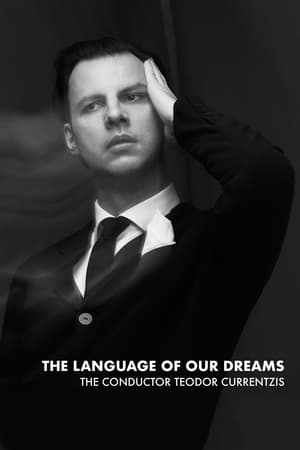 10.0
10.0The Language of Our Dreams – The Conductor Teodor Currentzis(de)
“The most important work doesn’t take place on stage, but everywhere else,” Teodor Currentzis is convinced. And that is precisely where this film portrait follows him. For eight months, German director Andreas Ammer accompanied the charismatic conductor. He observed him in rehearsals with the SWR Symphony Orchestra, which Currentzis leads as chief conductor since 2018. He has visited him at his former place of activity in Perm, where he led the opera house from 2011 to 2019 and launched his career through meticulous work with his ensemble musicAeterna. He accompanied Currentzis on guest performances and had numerous conversations with him. The result is a many-faceted portrait of the impressive musician, who sees his profession also as a spiritual mission.
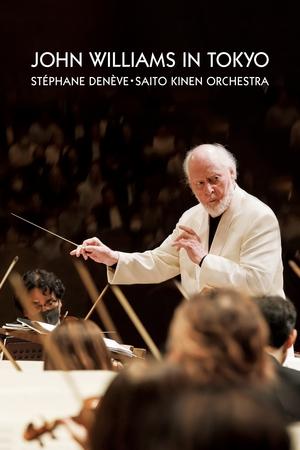 9.0
9.0John Williams in Tokyo(ja)
30 years after his last visit to Japan, John Williams has returned for a special concert – making his debut with the world-famous Saito Kinen Orchestra in renditions of his beloved film scores and reuniting with his longtime friend, world-renowned conductor Seiji Ozawa (1935-2024). Captured live on record at Suntory Hall last year, John Williams In Tokyo is now being be released by Deutsche Grammophon and follows his acclaimed concert albums, The Berlin Concert and John Williams in Vienna, which topped charts around the globe.
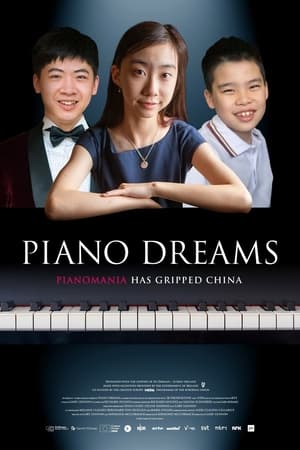 0.0
0.0Piano Dreams(zh)
Three young prodigies and their families exploring the popular and competitive world of piano playing in China.
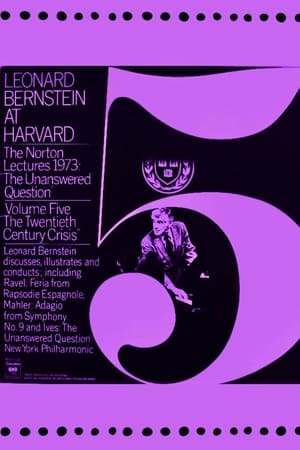 9.0
9.0The Unanswered Question V : The Twentieth Century Crisis(en)
This series comprised six lectures on music, which cumulatively took the title of a work by Charles Ives, The Unanswered Question. Bernstein drew analogies to other disciplines, such as poetry, aesthetics, and especially linguistics, hoping to make these lectures accessible to an audience with limited or no musical experience, while maintaining an intelligent level of discourse: Lecture 5 picks up at the early twentieth century with an oncoming crisis in Western Music. As these lectures have traced the gradual increase and oversaturation of ambiguity, Bernstein now designates a point in history that took ambiguity too far.
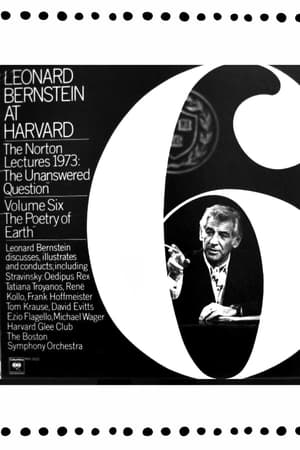 9.0
9.0The Unanswered Question VI : The Poetry of Earth(en)
This series comprised six lectures on music, which cumulatively took the title of a work by Charles Ives, The Unanswered Question. Bernstein drew analogies to other disciplines, such as poetry, aesthetics, and especially linguistics, hoping to make these lectures accessible to an audience with limited or no musical experience, while maintaining an intelligent level of discourse: This lecture takes its name from a line in John Keats' poem, "On the Grasshopper and Cricket". Bernstein does not discuss Keats' poem directly in this chapter, but he provides his own definition of the poetry of earth, which is tonality. Tonality is the poetry of earth because of the phonological universals discussed in lecture 1. This lecture discusses predominantly Stravinsky, whom Bernstein considers the poet of earth.
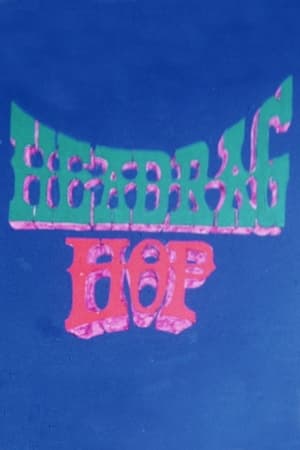 0.0
0.0Head Rag Hop(en)
A proto-music video: three minutes of experimental animation set to the tune of Romeo Nelson's 'Head Rag Hop'.
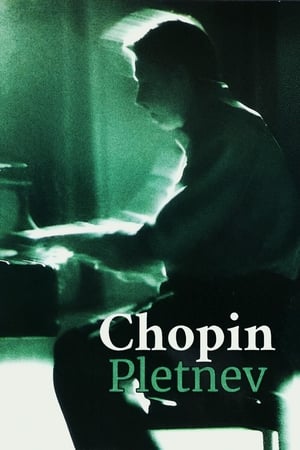 6.3
6.3Chopin-Pletnev: Cello(en)
This short film is made for the "Chopin-Pletnev" disc which marked Mikhail Pletnev's debut as a pianist on Deutsche Grammophon. In the film, we witness Mr. Pletnev's journey, starting from him on his way to studio, through his performance of Chopin's Etude Op. 25 No. 7 in C sharp minor "The Cello" and the process afterwards. One is struck repeatedly by Pletnev's crystalline arpeggiations, the velocity of his passage work, his singing tone, his rhythmic suppleness, and, above all, the grandeur of his sound.
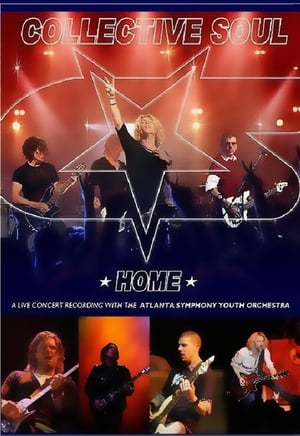 4.2
4.2Collective Soul - Home(en)
Multi-platinum recording artists release their first-ever live DVD. Recorded in April 2005, the shows were filmed in the band's hometown of Atlanta during two special sold-out performances featuring the Atlanta Symphony Youth Orchestra. The 20-song collection spans ninety minutes and encompasses hits from Collective Soul's seven studio albums, including their latest release, "Youth".
 8.8
8.8The Nutcracker(en)
The Nutcracker is Mikhail Baryshnikov's breathtaking and critcally acclaimed Emmy nominated production. The thisspectacular performance is danced by the magnificent team of Baryshnikov, one of the greatest classical dancers of the century, and Gelsey Kirkland, both chowcased at the peak of the their careers, with members of the American Ballet Theatre.
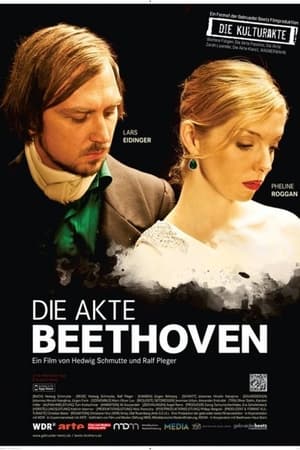 10.0
10.0Die Akte Beethoven(de)
In a mixture of feature film, music documentary and animated comics, historical facts are retold, analyzed and interpreted in modern settings. Ludwig van Beethoven, played by Lars Eidinger, becomes a contemporary of today's audience. Quick-tempered, irascible, curmudgeonly - that is the common image of Ludwig van Beethoven, the composer with the wild lion's mane. But there is also another Beethoven - young, seductive, spirited and, above all, combative.
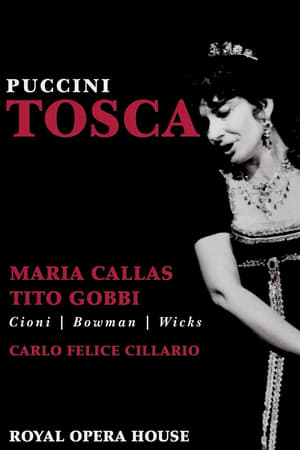 0.0
0.0Maria Callas Sings Tosca, Act II(en)
At the beginning of 1964, the music world experiences something completely unexpected. Maria Callas returns to the opera stage as the prima donna. Her “Tosca” at the Royal Opera House becomes a sensation. Maria Callas wants to show everyone once again that she deserves the title of “prima donna assoluta.” On the condition that star director Franco Zeffirelli take over the direction, the exceptional singer agrees to sing the role of Tosca. The BBC recorded the 2nd act of the opera for television. It is one of the most dramatic acts in opera history: in order to free the painter Cavaradossi from the hands of torturers, Tosca ends up murdering the police chief Scarpia. The film footage is one of the rare opportunities to see Maria Callas in an opera performance and to experience her highly emotional performance art and vocal abilities...
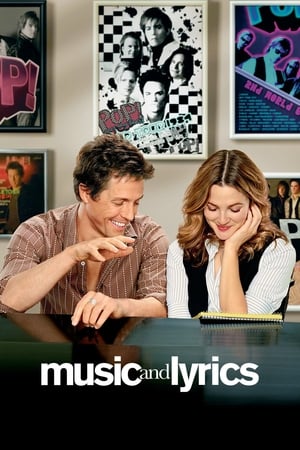 6.4
6.4Music and Lyrics(en)
A washed-up '80s pop star gets a chance at a comeback when reigning pop diva Cora Corman invites him to write & record a duet with her, but there's a problem--Alex hasn't written a song in years; he's never written lyrics and he has to come up with a hit in a matter of days.
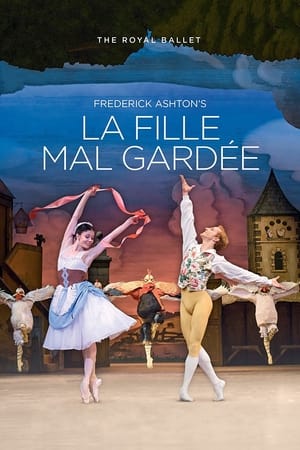 0.0
0.0La Fille Mal Gardée (The Royal Ballet)(en)
Frederick Ashton's La Fille mal gardée (The Wayward Daughter) is one of the choreographer's most joyous and colourful creations. Inspired by his love for the Suffolk countryside, the ballet is set on a farm and tells a story of love between Lise, the daughter of Widow Simone, and Colas, a young farmer. It contains some of Ashton's most stunning choreography, most strikingly in the series of energetic pas de deux that express the youthful passion of the young lovers, performed here by Natalia Osipova and Steven McRae. The ballet is laced with exuberant good humour, and elements of national folk dance, from dancing chickens and a maypole dance to a Lancashire clog dance for Widow Simone, performed by Philip Mosley.
 8.5
8.5Ryuichi Sakamoto: Opus(en)
"Ars longa, vita brevis" – art is long, life is short. This is one of Japanese music icon Ryuichi Sakamoto's favorite quotes, and the message that he leaves for viewers at the end of his final concert film, shot before he succumbed to cancer in March 2023. Consisting of only Sakamoto and his piano, Opus features the final live performances of 20 songs that Sakamoto meticulously curated to encapsulate his distinguished 40-year career.
